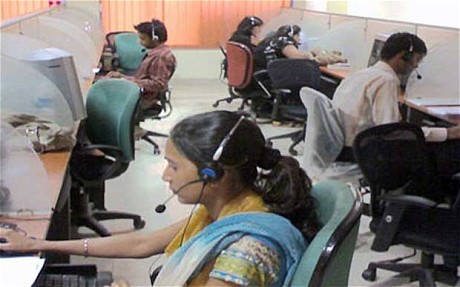Cape Canaveral, May 31: SpaceX, the private rocket company of billionaire entrepreneur Elon Musk, launched two Americans into orbit from Florida on Saturday in a landmark mission marking the first spaceflight of NASA astronauts from U.S. soil in nine years.
A SpaceX Falcon 9 rocket lifted off from the Kennedy Space Center at 3:22 p.m. EDT (19:22 GMT), launching Doug Hurley and Bob Behnken on a 19-hour ride aboard the company’s newly designed Crew Dragon capsule bound for the International Space Station.
Just before liftoff, Hurley said, “SpaceX, we’re go for launch. Let’s light this candle,” paraphrasing the famous comment uttered on the launch pad in 1961 by Alan Shepard, the first American flown into space.
Minutes after launch, the first-stage booster rocket of the Falcon 9 separated from the upper second-stage rocket and flew itself back to Earth to descend safely onto a landing platform floating in the Atlantic.
High above the Earth, the Crew Dragon jettisoned moments later from the second-stage rocket, sending the capsule on its way to the space station.
The exhilarating spectacle of the rocket soaring flawlessly into the heavens came as a welcome triumph for a nation gripped by racially-charged civil unrest as well as ongoing fear and economic upheaval from the coronavirus pandemic.
The Falcon 9 took off from the same launch pad used by NASA’s final space shuttle flight, piloted by Hurley, in 2011. Since then, NASA astronauts have had to hitch rides into orbit aboard Russia’s Soyuz spacecraft.
“It’s incredible, the power, the technology,” said U.S. President Donald Trump, who was at Kennedy Space Center at Cape Canaveral in Florida for the launch. “That was a beautiful sight to see.”
The mission’s first launch attempt on Wednesday was called off with less than 17 minutes remaining on the countdown clock. Weather again threatened Saturday’s launch, but cleared in time to proceed with the mission.
SPACEFLIGHT MILESTONES
NASA chief Jim Bridenstine has said resuming launches of American astronauts on American-made rockets from U.S. soil is the space agency’s top priority.
“I’m breathing a sigh of relief, but I will also tell you I’m not gonna celebrate until Bob and Doug are home safely.” Bridenstine said.
For Musk, the launch represents another milestone for the reusable rockets his company pioneered to make spaceflight less costly and more frequent. And it marks the first time commercially developed space vehicles - owned and operated by a private entity rather than NASA - have carried Americans into orbit.
The last time NASA launched astronauts into space aboard a brand new vehicle was 40 years ago at the start of the space shuttle program.
Musk, the South African-born high-tech entrepreneur who made his fortune in Silicon Valley, is also chief executive of electric carmaker and battery manufacturer Tesla Inc. He founded Hawthorne, California-based SpaceX, formally known as Space Exploration Technologies, in 2002.
Hurley, 53, and Behnken, 49, NASA employees under contract to fly with SpaceX, are expected to remain at the space station for several weeks, assisting a short-handed crew aboard the orbital laboratory.
Boeing Co, producing its own launch system in competition with SpaceX, is expected to fly its CST-100 Starliner vehicle with astronauts aboard for the first time next year. NASA has awarded nearly $8 billion combined to SpaceX and Boeing for development of their rival rockets.
Trump also hailed the launch as a major advance toward the goal of eventually sending humans to Mars.
He was joined at the viewing by Musk, as well as Vice President Mike Pence, Commerce Secretary Wilbur Ross, Education Secretary Betsy DeVos, Florida congressman Matt Gaetz and Senator Rick Scott.
Earlier on Saturday, the crew bid goodbye to their families. Prior to climbing into a specially designed Tesla automobile for the ride to the launch site, Behnken told his young son, “Be good for mom. Make her life easy.”
During the drive, Behnken and Hurley passed former astronaut Garrett Reisman who held a sign saying, “Take me with you.”
 Washington, Sep 12: A US regulatory body has put a stop to fake debt scams by two Florida-based companies who worked with a call centre in India and bilked millions of dollars from consumers.
Washington, Sep 12: A US regulatory body has put a stop to fake debt scams by two Florida-based companies who worked with a call centre in India and bilked millions of dollars from consumers.




Comments
Add new comment